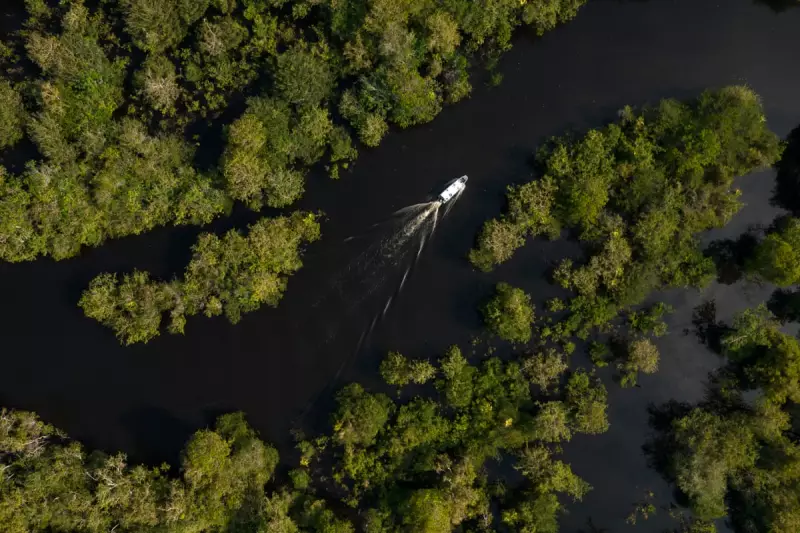
In a move that has sparked international condemnation and environmental alarm, Brazil has officially sanctioned large-scale oil drilling at the mouth of the mighty Amazon River. The controversial decision greenlights exploration in the ecologically sensitive Foz do Amazonas basin, often dubbed the 'new pre-salt frontier' for its potential oil reserves.
Environmental Time Bomb Ticks in Paradise
The licensing approval, granted by Brazil's environmental agency Ibama, comes after years of heated debate and scientific warnings. Environmentalists describe the region as a 'magnificent biodiversity hotspot' home to pristine coral reefs, endangered marine species, and fragile coastal ecosystems that could face irreversible damage from potential oil spills.
'This decision places one of the planet's most important biomes at unacceptable risk,' stated a coalition of environmental groups. 'We're talking about an area with coral reefs, manatees, sea turtles, and countless species that exist nowhere else on Earth.'
Government Versus Guardians
The Brazilian government, led by President Luiz Inácio Lula da Silva, finds itself in a difficult balancing act. While campaigning on strong environmental pledges, the administration now faces pressure to boost economic development and energy security through fossil fuel exploitation.
Industry proponents argue the drilling could transform Brazil's energy landscape and bring substantial revenue. However, critics point to devastating contradictions in environmental policy that threaten to undermine the country's climate commitments.
Scientific Warnings Fall on Deaf Ears
Technical experts from Ibama had previously blocked the project multiple times, citing 'critical uncertainties' about environmental impact and emergency response capabilities. The unique geography of the Amazon basin presents extraordinary challenges for containing potential spills, with strong currents that could rapidly spread contamination across thousands of miles of coastline and river systems.
Indigenous communities and traditional riverside populations, who depend on the Amazon's rich aquatic resources, now face an uncertain future. Many fear that oil exploration could destroy their livelihoods and ancestral territories.
As drilling equipment prepares to move into position, the world watches what many are calling a defining moment for environmental governance in Brazil—one that could determine the fate of the Amazon for generations to come.





